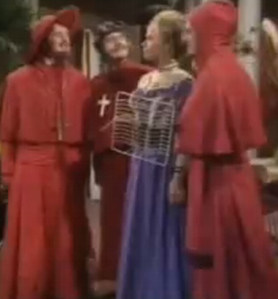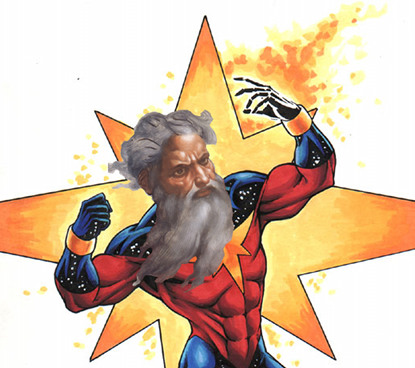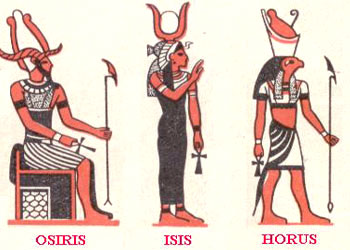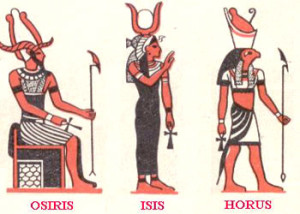“Sabellianism Reconsidered” Considered – Part 8
 In this last post in this series, I want to put out a few critical reactions to Baber’s “Neo-Sabellian” Trinity theory.
In this last post in this series, I want to put out a few critical reactions to Baber’s “Neo-Sabellian” Trinity theory.
My thanks to Harriet for this piece and for her interaction with us here.
No doubt, she’ll argue back; and she will probably say something about how her views have changed since she wrote this piece.
So, in no particular order:
- I agree with her that it’s suspicious if some philosophical theory should appeal to us only or mainly because it’ll help us in theology. I also agree with her that it’s interesting to at least try to come up with what is in some sense an acceptable Trinity theory which uses only metaphysical doctrines we have other reasons to believe.
- Again, I think it is a good aim to produce an intelligible (seemingly consistent) Trinity theory, assuming some such theory is called for. I think she’s correct to complain about the severe obscurity of traditional claims about “eternal generation” and “procession”.
- Picky point: I think “Neo-Sabellian” is a misnomer. It’s “Neo” all right, butRead More »“Sabellianism Reconsidered” Considered – Part 8



















